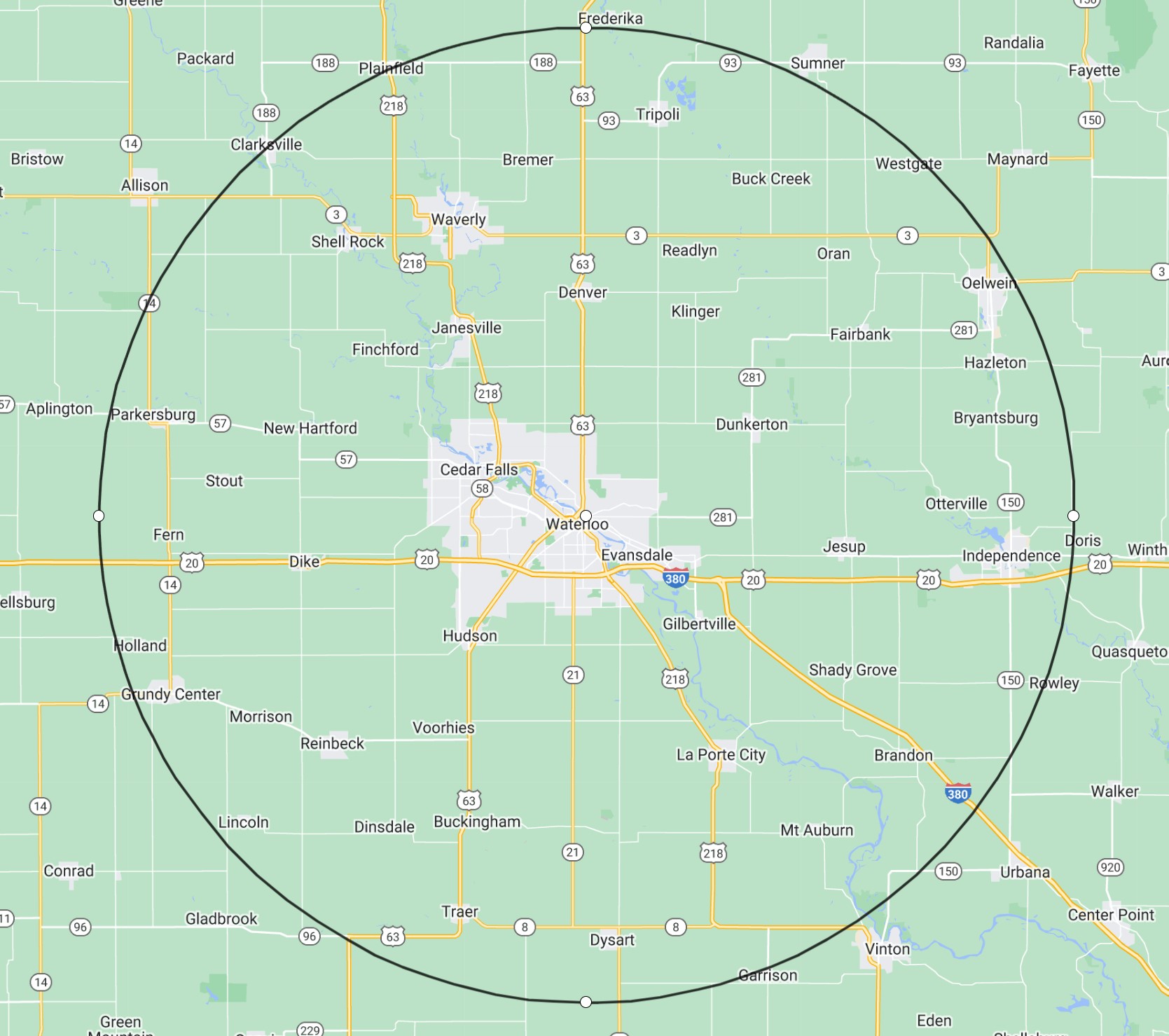A properly used and properly installed garbage disposal will not clog your pipes. If you are considering installing a garbage disposal, have it done by a professional plumber. To ensure your garbage disposal continues to operate well, only put food particles down the drain you are certain will wash away down the sewage system.
The purpose of a septic system is to properly treat and dispose of the sewage that comes from the house. “Treat” means to kill all harmful pathogens, which include bacteria, viruses, parasites, helminth worms, and all manner of things that can harm you. “Dispose” means that the wastewater goes where you won’t see it again.
A leaching device is a contrivance that is built into the soil. It utilizes the properties of the soil to both kill pathogens (treatment) and disperse the water into the soil.
The tank is designed to be a sludge trap. It simply keeps the solid stuff that you put into it from your toilets, sinks, showers, and tubs from getting into the leach field. It does this by holding it back the solids for a period while letting the liquid pass through. There are baffles in the tank that slow down the movement of solids. Usually, the solids drop to the bottom of the tank, except for the materials that are lighter than water, which float to the top. In tanks manufactured since 1961, there are two compartments. These compartments ensure that what doesn’t get trapped in the first compartment will be held back in the second one. Over time, bacteria work on the solids to break them down into tiny pieces. The liquid containing the tiny pieces of solids is called effluent. Effluent leaves the tank and must be disposed of in a leaching device. Effluent is more than 99% water.
A septic system usually consists of two parts: the tank and the leaching device.
When it comes to ruining home garbage disposals, some of the biggest culprits are fibrous materials like celery, corn husks, artichokes, or any other kind of stringy vegetable. A large amount of pasta can also damage garbage disposal motors.
No. The septic tank receives all the bacteria it needs through its normal operation. It doesn’t need anymore.
To prevent a clogged drain, do not let coffee grounds, eggshells, or any other food item wash down your sink.
Soil destroys pathogens in a combination of ways. The soil can act as a filter to strain out pathogens. There are also chemical and biological actions performed on the pathogens to dispose of them.
Water usually moves through the soil in a downward movement due to gravity. Eventually, the water combines with either a surface or subsurface body of water. A portion of the water may be taken up by plants and moved upward. The plants then use the water to grow.
There are simple ways you can take care of your sewer line and avoid untimely sewer line replacement. These include:
- Clearing all leftover food from plates before putting them in the sink.
- Use a shower drain filter to catch loose hairs.
- Dispose of feminine hygiene products and dental floss in the trash can instead of flushing them down the toilet.
- Avoid pouring liquid grease into your drainage system. Instead, pour it into sealable containers and toss them in the trash.
Absolutely. Your septic system is designed to handle the water from a “typical household.” The average family uses between 150 and 300 gallons per day. Anything you can do to cut back on water consumption will extend the life of your leaching device. As a matter of fact, if you use no water (in reality we know this is ridiculous), your leaching device will never fail. The point here is: water consumption is directly connected to system life. If houses are constructed or retrofitted with low flush toilets and low-use shower heads, this is good for the system.
Another point: some systems fail due to overconsumption of water. Sometimes a toilet will leak can mean an additional 100 gallons of water per day going into the system. Or sump pumps, which are not supposed to empty into the system, can saturate the system with water and cause it to fail.
The purpose of the septic tank is to trap sludge and other offensive junk in the tank so that it can be held there and broken down into water-soluble parts. Most septic tank additives state that they break up sludge. This defeats the intended purpose of the tank. Many studies have been conducted of septic tank additives. None have proven to be effective. All are a waste of money.
While many homeowners resort to DIY methods to address simple issues around their property, this is not advisable for sewer pipeline repair. You will need a professional opinion to avoid aggravating the problem.
Our recommendation is to avoid flushing items that claim to be flushable. This includes flushable cat litter and flushable wipes. Do not flush any feminine products!


